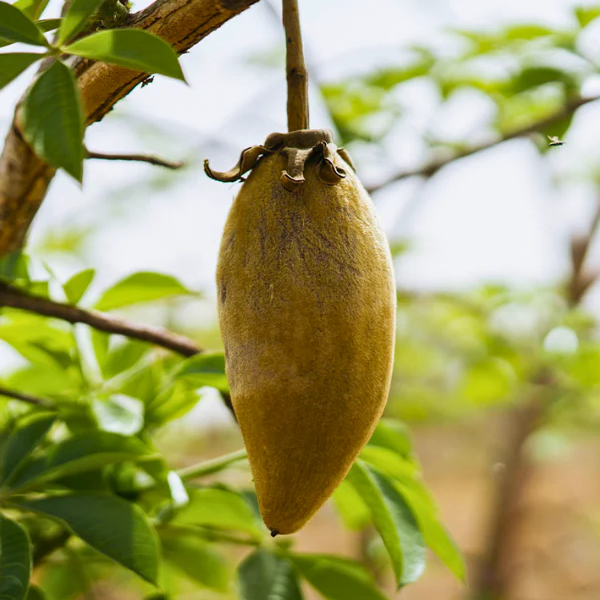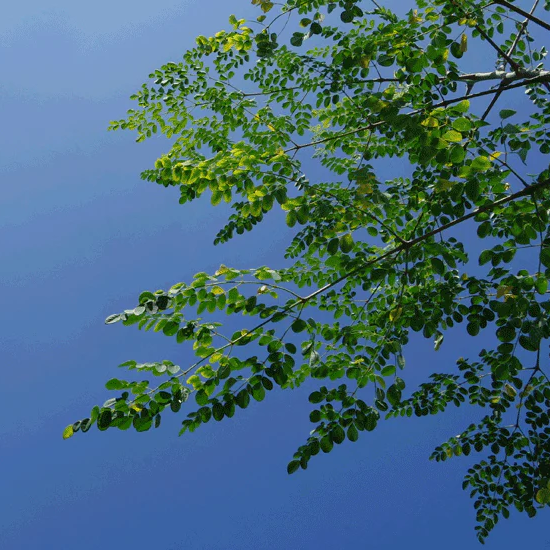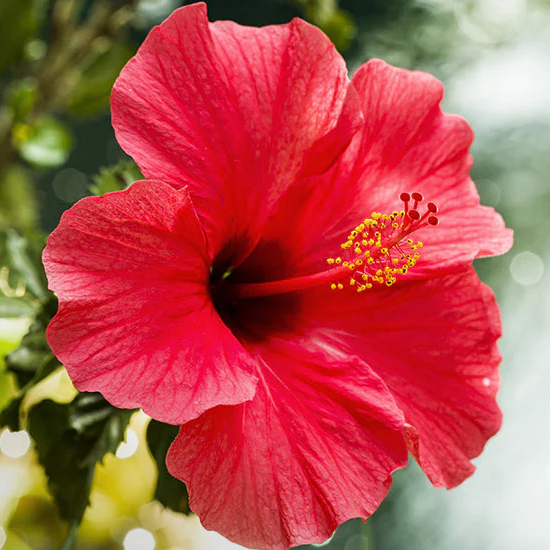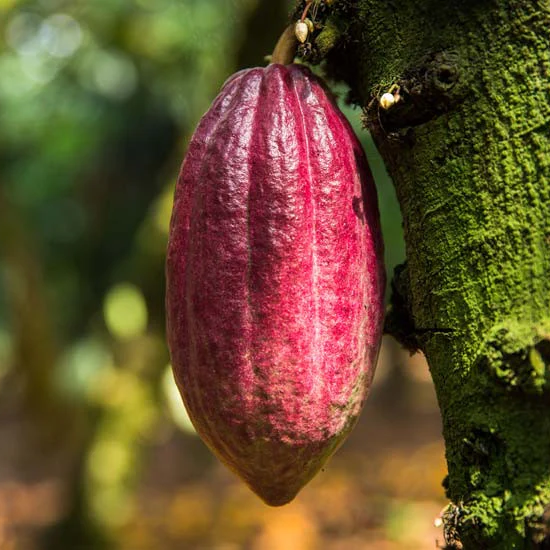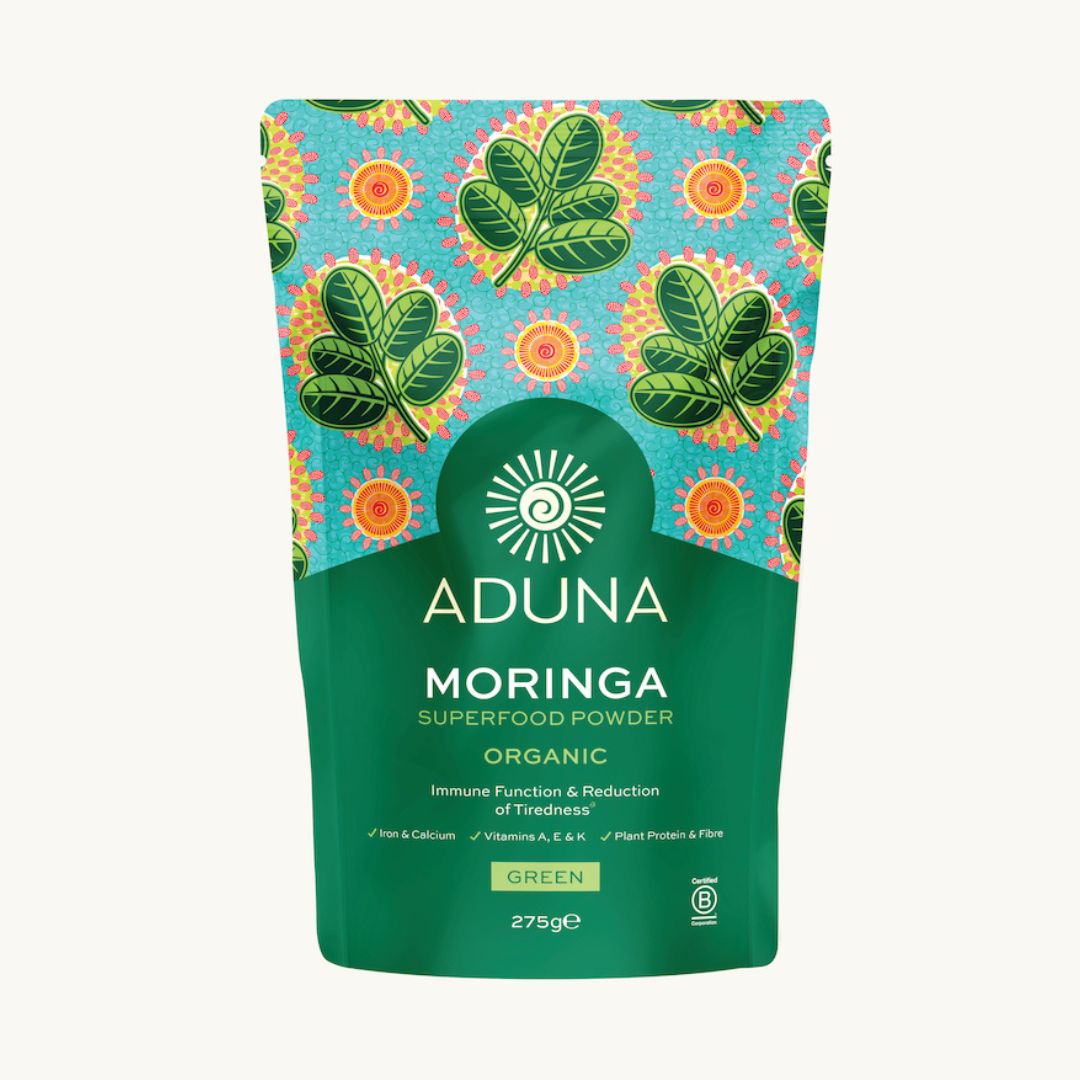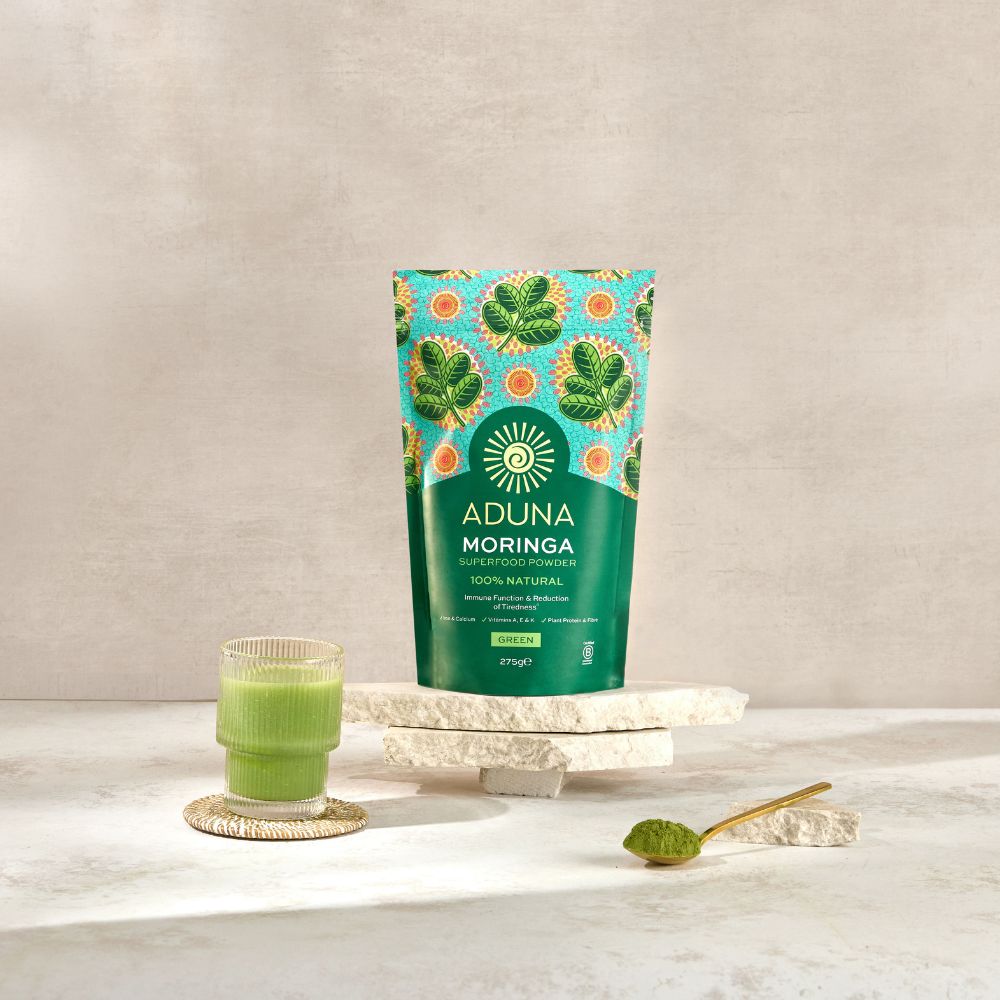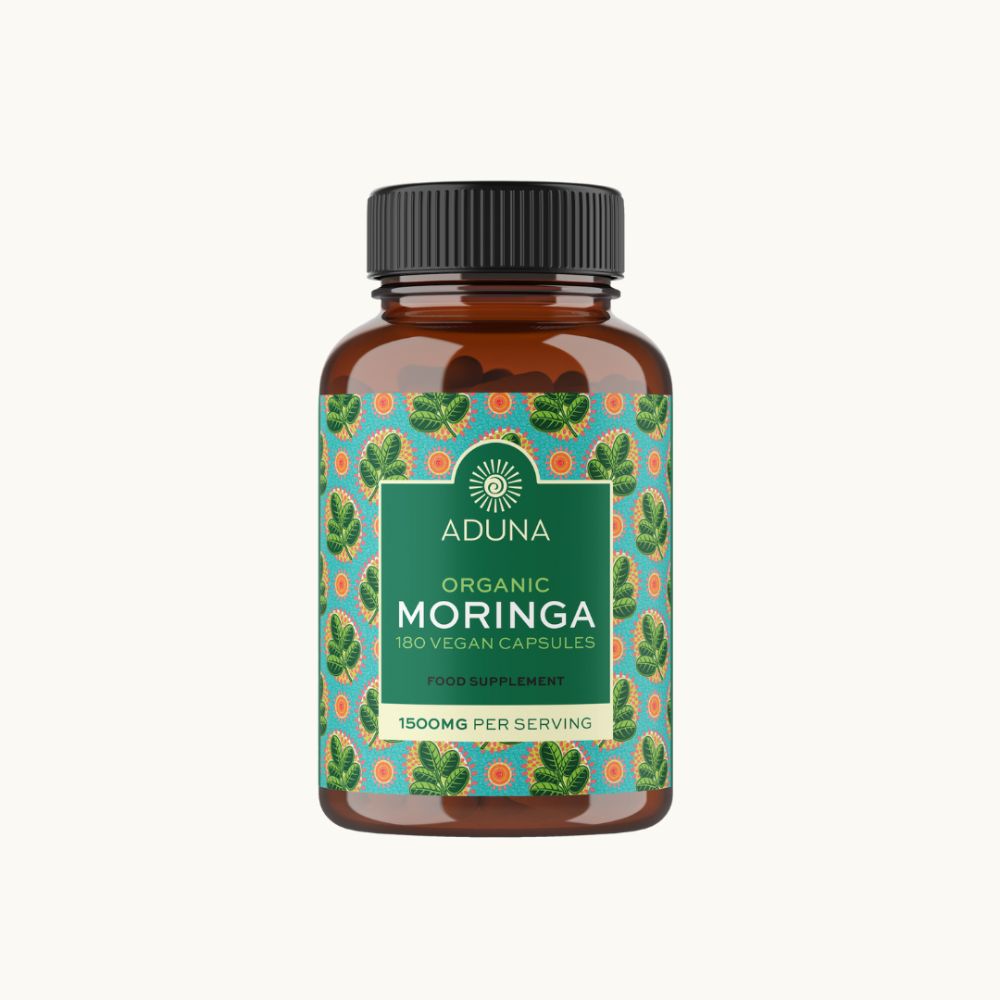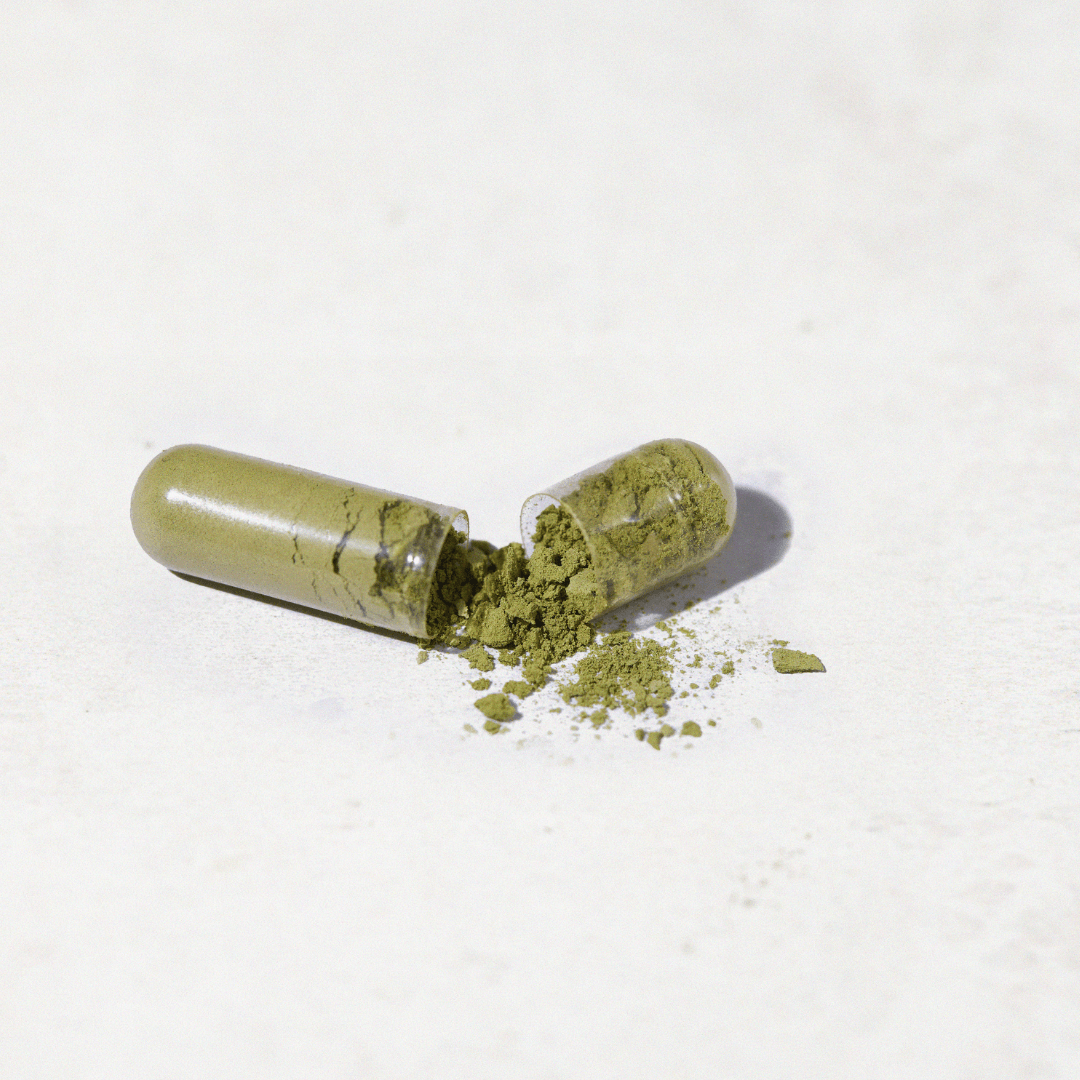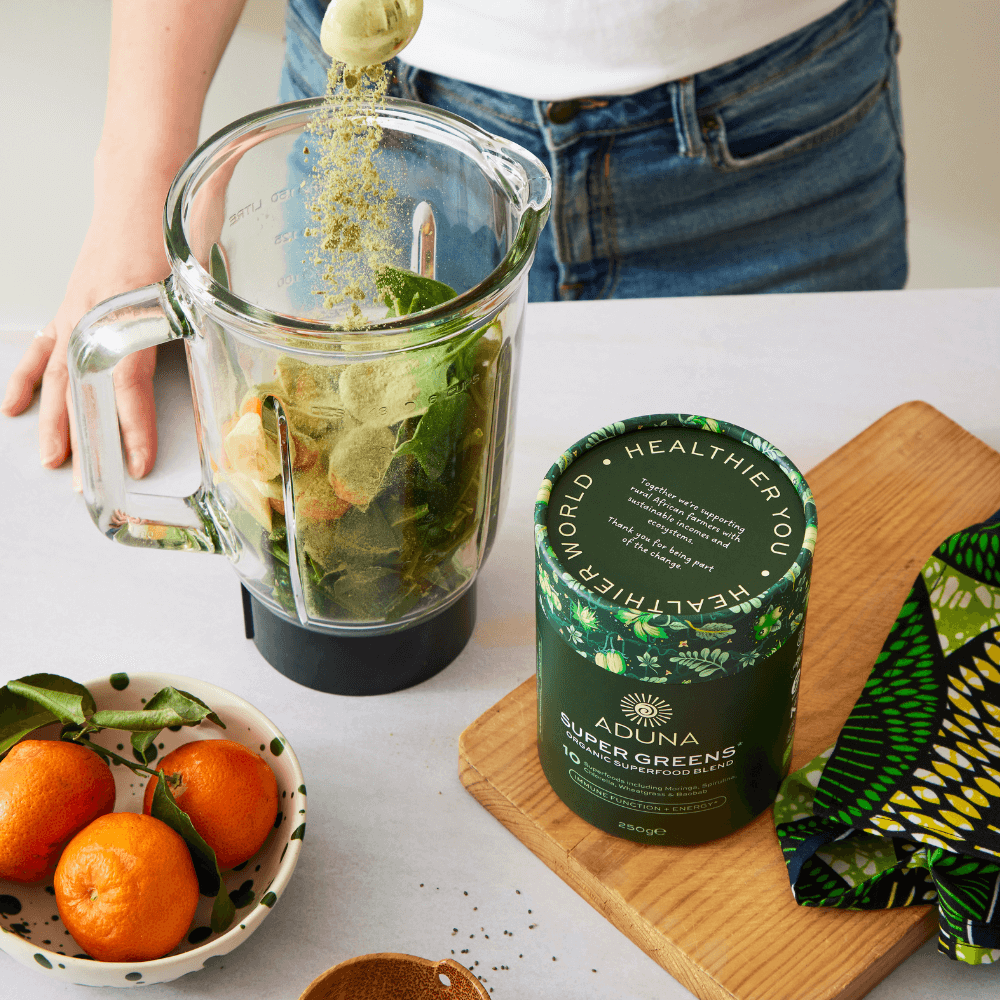There are 13 vitamins essential for human health and yet one of these gets far less column inches than its peers: vitamin K. This could all change as researchers in The Netherlands report new findings on the vitamin’s potential to help reduce the severity of symptoms of Covid-19 patients.
Researchers at the Canhius Wilhelmina hospital in the Dutch city of Nijmegen and the Cardiovascular Research Institute Maastricht, one of Europe’s largest heart and vascular research institutes, studied 134 patients admitted for Covid-19 between 12 March and 11 April, alongside a control group of 184 age-matched patients who did not have the disease.
Patients who had died or been admitted to intensive care with Covid-19 were found to be deficient in vitamin K, raising hopes that dietary change might form part of the answer to combating the disease.
Reporting on the findings, the Guardian newspaper states: “Covid-19 causes blood clotting and leads to the degradation of elastic fibres in the lungs. Vitamin K, which is ingested through food and absorbed in the gastrointestinal tract, is key to the production of proteins that regulate clotting and can protect against lung disease.
The Dutch researchers are now seeking funding for a clinical trial, but Dr Rob Janssen, a scientist working on the project, said that in light of the initial findings he would encourage a healthy intake of vitamin K, except to those on blood-thinning medications such as warfarin.”
Dr Janssen commented: “We are in a terrible, horrible situation in the world. We do have an intervention which does not have any side effects, even less than a placebo. There is one major exception: people on anti-clotting medication. It is completely safe in other people. My advice would be to take those vitamin K supplements. Even if it does not help against severe Covid-19, it is good for your blood vessels, bones and probably also for the lungs.”
The scientists are now seeking financing to fund a clinical trial to further their research.
Sources of Vitamin K
There are two types of Vitamin K – vitamin K1 and K2. Vitamin K1 (or phylloquinone) is known for its role in blood clotting and is found in a number of plant foods including broccoli, brussels sprouts, cabbage and leafy greens, such as spinach, kale and notably, moringa. Moringa is exceptionally high in vitamin K1 with a single teaspoon providing 80% of your daily requirement.
Consuming some fat with these foods improves the absorption of vitamin K so adding moringa and avocado or coconut oil to your smoothie is a good idea. Smaller amounts of vitamin K are also found in soybeans, asparagus, kiwifruit and certain vegetable oils.
Vitamin K2 (or menaquinones) is needed for calcium regulation in the bones, cartilage and blood vessels. It is synthesized by bacteria in the intestinal tract and moderate amounts can be found in certain animal foods, such as full fat dairy products, egg yolks, and meat, fermented foods such as certain cheeses and particularly natto, a fermented soy product.
How much vitamin K do I need?
According to the NHS, adults need approximately 1 microgram a day of vitamin K for each kilogram of their body weight. For example, someone who weighs 65kg would need 65 micrograms a day of vitamin K, while a person who weighs 75kg would need 75 micrograms a day.
Moringa Powder is made from dried and milled organic Moringa Oleifera leaves. Moringa leaves are exceptionally nutrient-rich and particularly high in Vitamin K1: 1 teaspoon (5g) provides 60 micrograms, which is 80% of your daily requirement.
Moringa has a green spinachy flavour similar to matcha. Try it in lattes, green smoothies, juices, soups and salads or as a superfood seasoning for savoury dishes.
Read reviews from our customers and shop our organic moringa range on our webstore and check out our moringa recipes here.
Sources:
Reduced Vitamin K Status as A Potentially Modifiable Prognostic Risk Factor in COVID-19. A. S Dofferhoff & Co, April 2020: https://www.preprints.org/manuscript/202004.0457/v2

